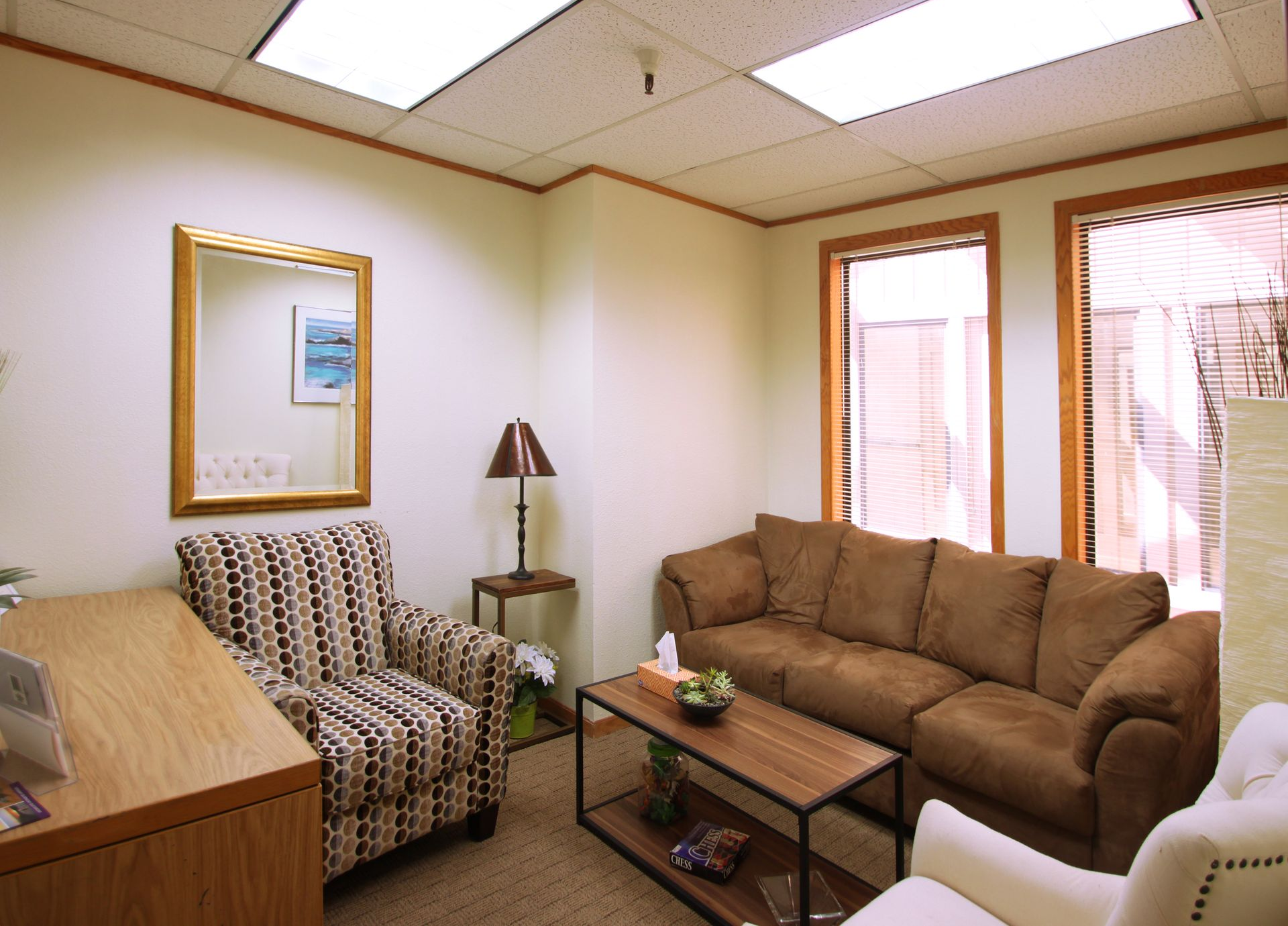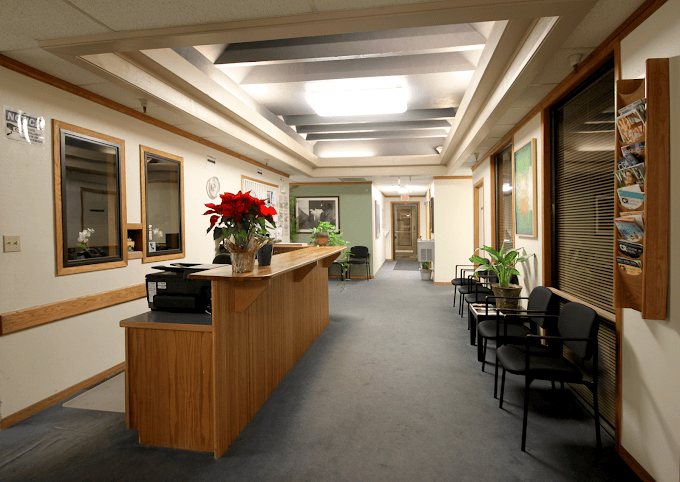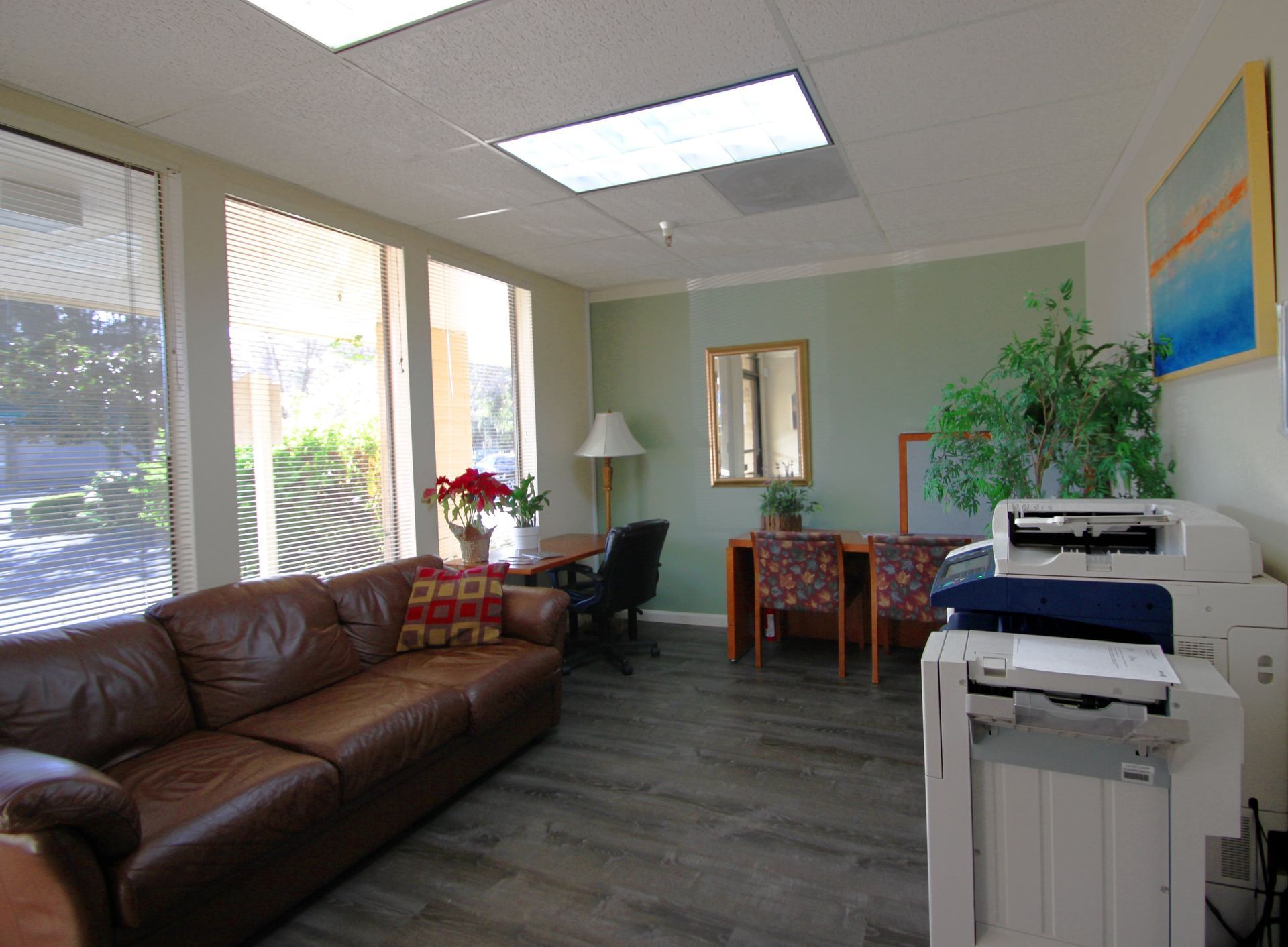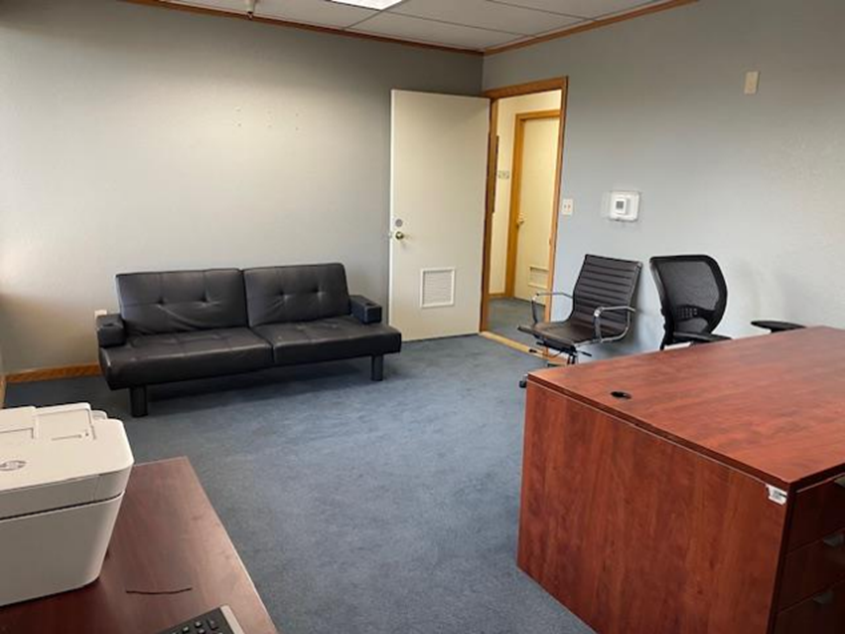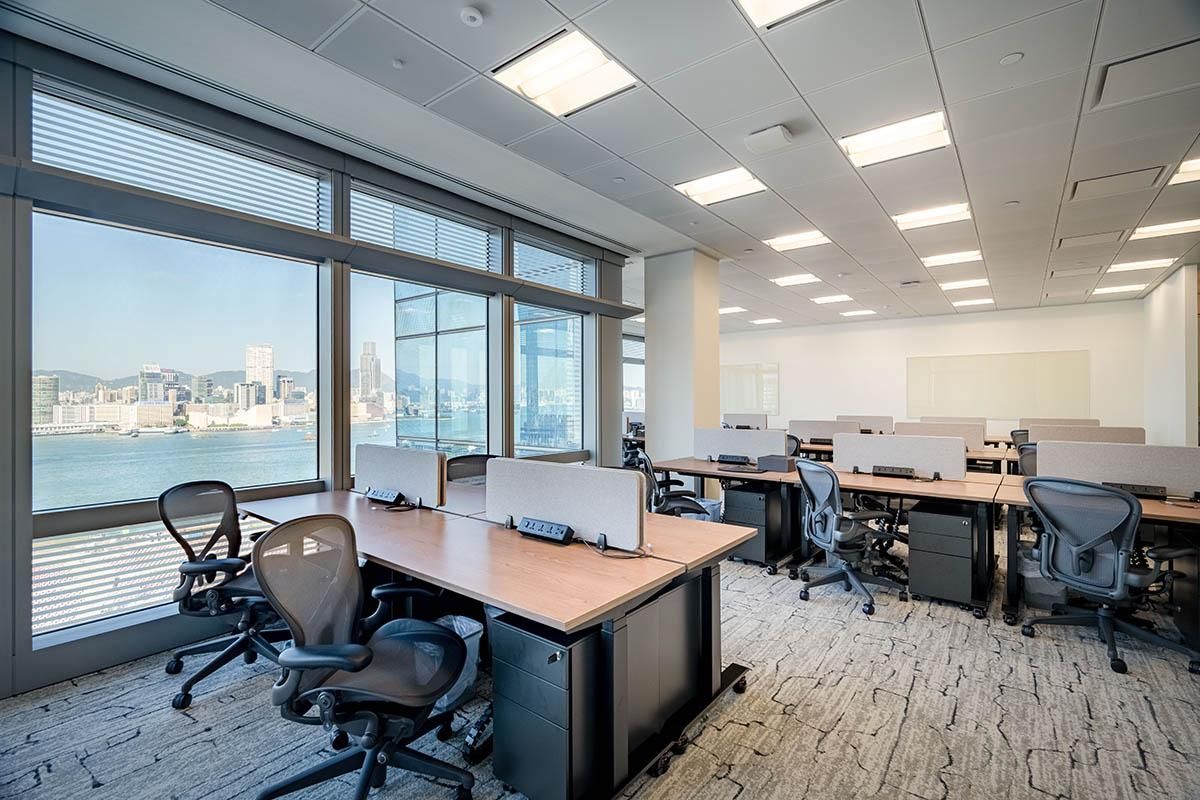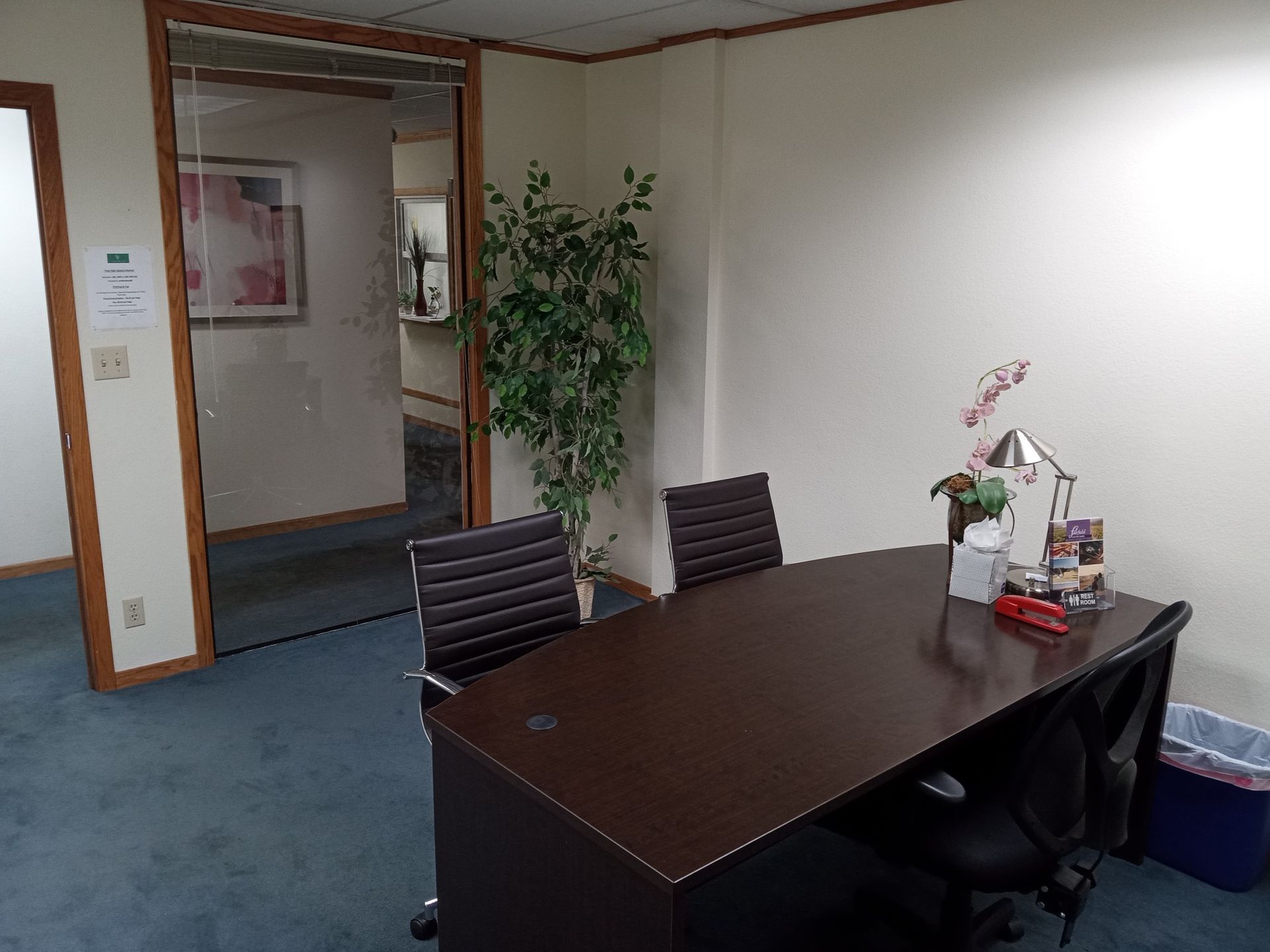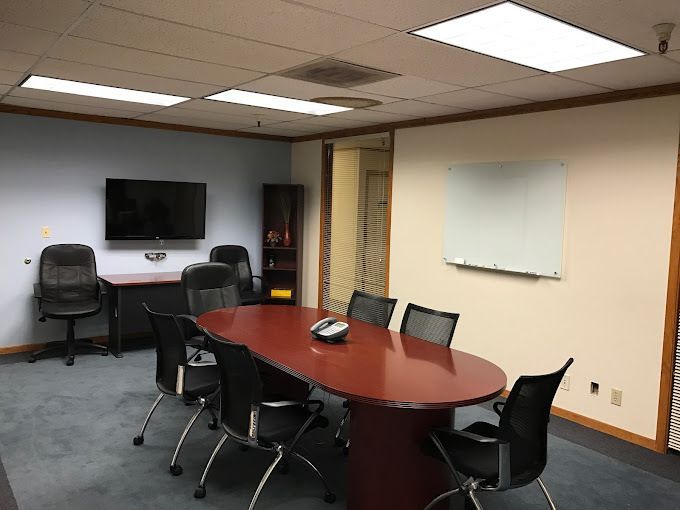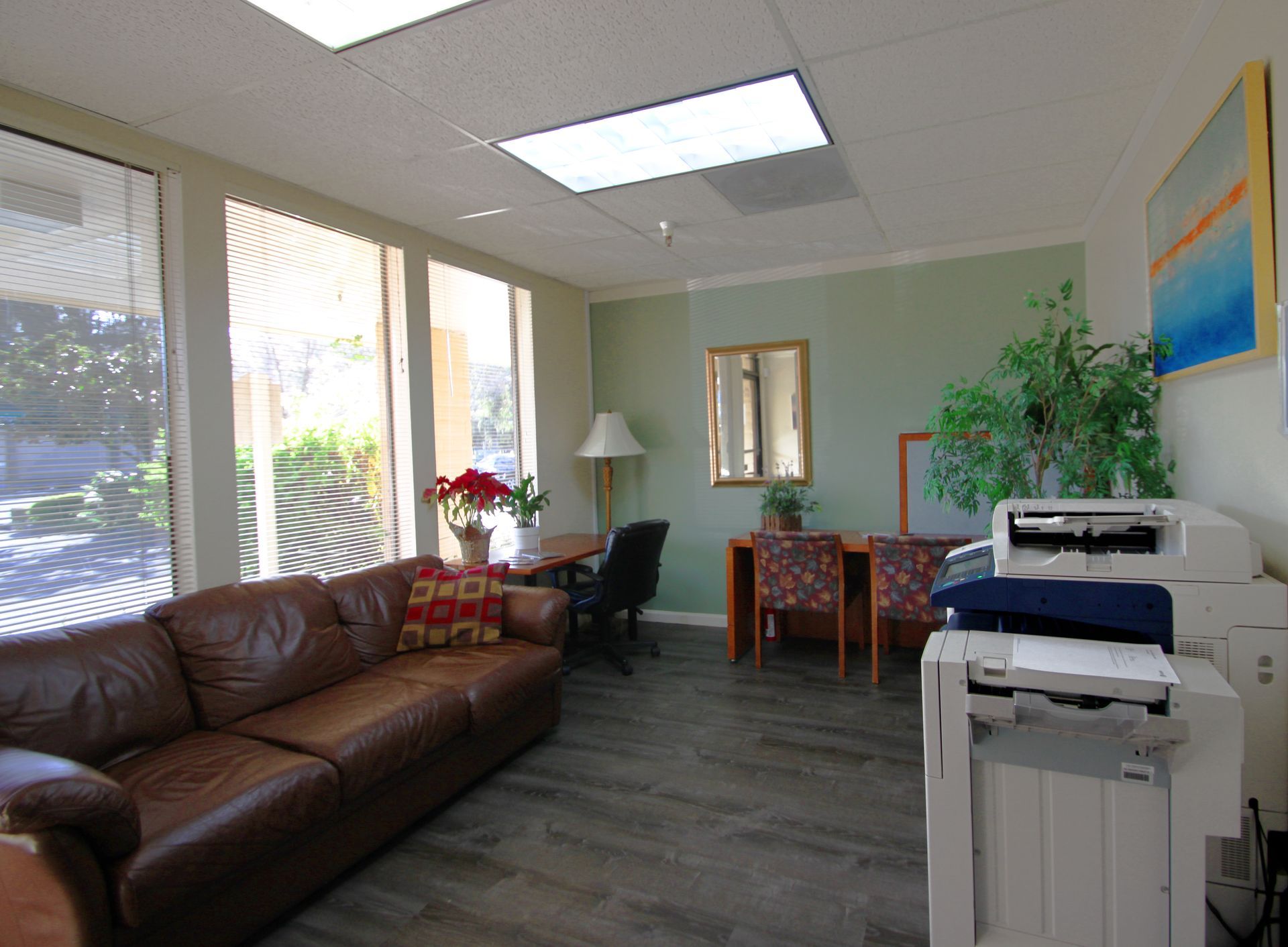New Paragraph
Business Office Rental : Prime Locations for Your Business Needs
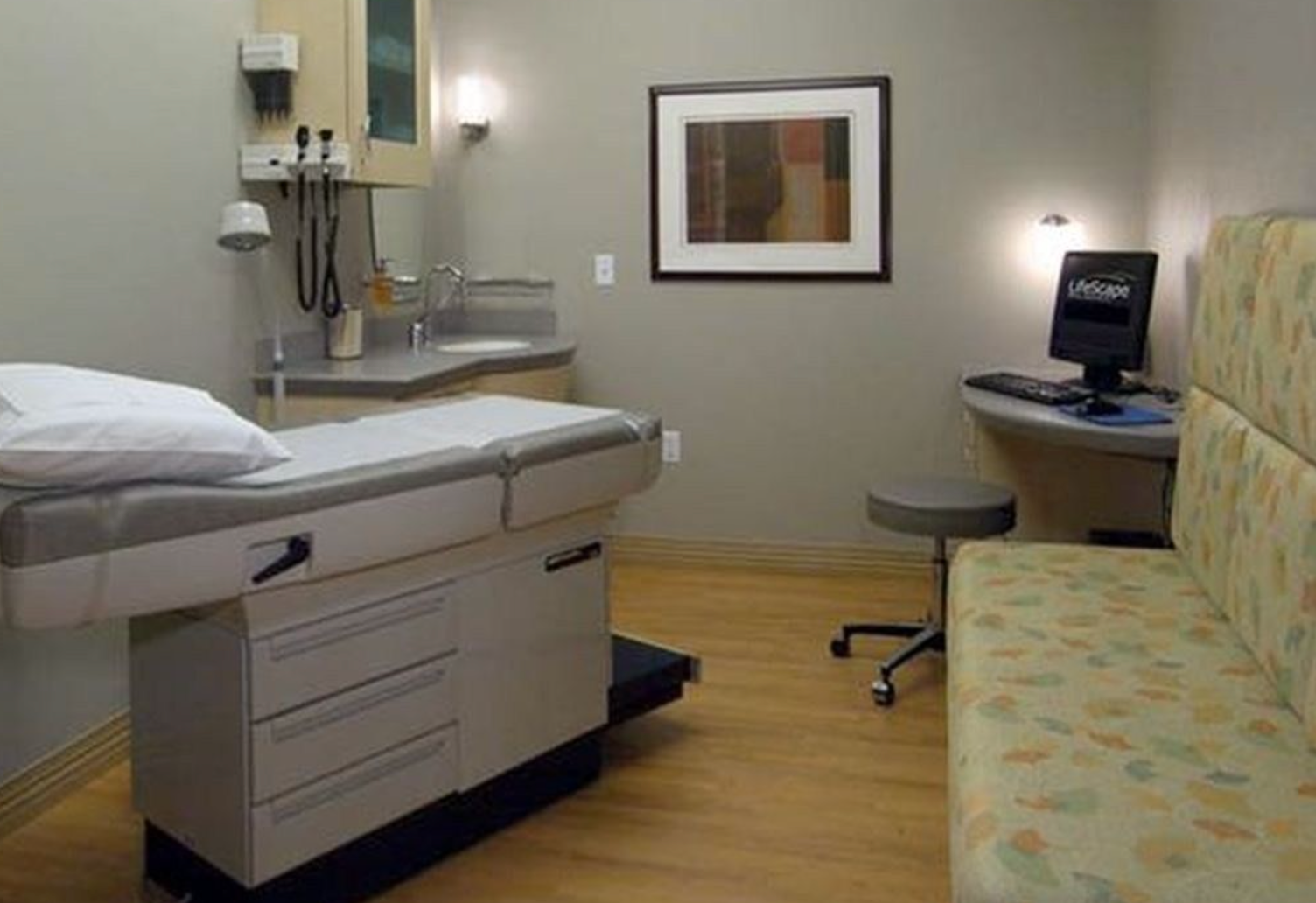
In today’s business landscape, having a professional space to work from is crucial. Whether you’re a small startup, a growing company, or an established business looking to expand, renting office space can be an ideal solution. Business office rental offers flexibility, cost-effectiveness, and scalability. In this guide, we’ll explore everything you need to know about business office rental, from the steps involved in finding the right space to the benefits and importance it holds for your business.
Why Renting an Office Is a Smart Move
In the age of remote work and flexible work environments, renting an office space remains a key factor for businesses that need to maintain a professional presence. Unlike owning property, renting offers several advantages that align with the dynamic needs of modern businesses.
Many companies, especially small and medium-sized enterprises (SMEs), opt for business office rentals as it allows them to avoid long-term financial commitments, access prime locations without high upfront costs, scale up or down based on the needs of the business, and enhance their professional image with a formal office space.
Steps to Renting a Business Office Space
Renting office space is a process that requires careful planning and attention to detail. Below are the key steps you should follow to ensure you secure the right office for your business.
1. Determine Your Business Needs
Before starting your search, clearly define what your business needs in an office space. You need to consider the size of the space required for your team, the type of business, and any specific requirements, such as meeting rooms or storage. Knowing how much space you need is essential for narrowing down your options. Additionally, location plays a significant role in your decision-making. Look for an office space in a location that’s convenient for both employees and clients, considering factors like accessibility, proximity to transportation, and nearby amenities. Lastly, establishing a budget for rent and additional costs, such as utilities, internet, and maintenance, will guide your search and prevent you from exceeding your financial limits.
2. Research Available Office Spaces
Once you have a clear understanding of your needs, it’s time to begin researching available office spaces. You can find office rentals through online property platforms, commercial real estate agents, and business centers offering flexible office spaces. The search can be overwhelming, but focusing on properties that meet your specific needs, location preferences, and budget will help you find a suitable space. You may need to explore various options, comparing features like square footage, amenities, and lease terms.
3. Visit the Properties
While researching office spaces online is a great starting point, it’s essential to visit the potential office spaces in person. Virtual tours can give you a glimpse, but an on-site visit will provide a better understanding of the property. During the visit, evaluate the condition of the property, paying attention to maintenance issues or signs of neglect. Look at the office layout and ensure it suits your business operations. Additionally, check for the amenities you need, such as parking spaces, high-speed internet, air conditioning, and any other essential services.
4. Negotiate the Lease Terms
Once you’ve identified a suitable office, the next step is to negotiate the lease terms. It’s important to clarify the lease duration, whether you need a short-term lease or a longer commitment. Rent costs should also be thoroughly discussed, including any additional fees, such as maintenance costs, utilities, and other charges. Make sure the lease allows flexibility to accommodate future growth or downsizing. In the case of rapidly expanding businesses, having the option to increase your office space or reduce the lease term can be essential.
5. Finalize the Agreement
Once both parties agree to the lease terms, the final step is to sign the rental agreement. This agreement should clearly outline all responsibilities, such as rent payment, maintenance obligations, and the permitted use of the space. Make sure you review the contract thoroughly to avoid any misunderstandings in the future. After signing the agreement, you can begin setting up your office and preparing for your business’s next phase of growth.
Importance of Renting Office Space for Businesses
Renting office space is a critical decision for any business, and its importance cannot be overstated. Let’s explore why this move is essential for business success.
Professional Image and Brand Perception
Having a designated office space conveys professionalism and credibility to clients, partners, and employees. A formal office creates an impression of a well-established and serious business. This can be particularly important in industries where trust, reputation, and a physical presence are vital for securing deals. A rented office space gives your business a more polished and professional image, which can ultimately help attract clients and partners.
Flexibility and Scalability
Business needs evolve over time, and renting office space provides the flexibility to scale operations as required. Renting allows businesses to expand or contract their office size without the constraints of owning property. If your company experiences growth, you can move into a larger office or even switch locations to accommodate your expanding team. Alternatively, if your business needs to downsize, a rental agreement allows you to negotiate for a smaller space or terminate the lease without being tied to long-term commitments.
Lower Upfront Costs
Renting office space is typically more affordable than buying property. You save on large down payments, property taxes, and the upfront costs that come with purchasing a building. Instead of locking up significant capital in a property, renting frees up resources that can be invested in other areas of your business. The upfront costs for renting usually include a security deposit, furnishings, and initial setup fees, which are considerably lower than the costs associated with purchasing a property.
Access to Better Locations
Many small and medium-sized businesses struggle to afford a prime location when considering purchasing property. Renting offers the opportunity to secure an office in a prestigious or strategic area that could benefit your business. Renting an office in a central location with good transport links and proximity to other businesses and clients can help improve visibility, accessibility, and networking opportunities, which may otherwise be unaffordable with property ownership.
Benefits of Business Office Rentals
Business office rentals come with numerous benefits that can contribute to your company's success. Here are some of the key advantages:
Cost Efficiency
Renting office space is often more cost-effective than owning. You save on hefty down payments, property taxes, and maintenance costs. Additionally, rental agreements are typically more flexible, which means you can scale your office size based on your company’s needs. This flexibility allows for a more efficient allocation of resources.
Maintenance-Free
Most commercial properties include maintenance services as part of the rent. This means you won’t have to worry about repairs or the upkeep of the building's common areas. The landlord is generally responsible for ensuring that the property remains in good condition, saving you both time and money that would otherwise be spent on property management.
Time-Saving
Renting office space allows you to focus more on growing your business rather than managing property-related issues. This time-saving benefit allows you to allocate your energy to building your business rather than dealing with repairs, upgrades, or other property concerns. Additionally, the flexibility of office rentals enables you to easily adjust to changing business needs.
Access to Shared Resources
Many office rental properties provide access to shared resources such as conference rooms, high-speed internet, office equipment, and even catering services. This is especially beneficial for small businesses that may not have the budget to purchase these resources themselves. By renting office space, you can benefit from these shared amenities without the financial burden of owning them.
Improved Work Environment
Renting an office space provides your team with a professional environment to work in. It can improve morale and productivity by offering a dedicated space designed for collaboration and focus. A well-designed office space also fosters creativity and job satisfaction, which can enhance employee performance and retention.
Networking Opportunities
If you choose to rent space in a shared or co-working environment, you’ll have the opportunity to network with other businesses. These shared spaces often bring together professionals from various industries, offering opportunities for collaborations, partnerships, and potential new clients. The networking potential in such environments can be a valuable asset for your business’s growth.
How to Find the Best Business Office Rental for Your Company
Finding the right office space isn’t always easy. With many options available, it can be difficult to know where to start. To make your search easier, consider working with a commercial realtor who can help you identify properties that meet your specific requirements. Realtors can also assist in negotiating favorable lease terms, which can save you time and money. If you’re a small business or startup, you may also want to consider co-working spaces, which offer a flexible and affordable solution. These spaces typically provide shared offices, meeting rooms, and other amenities at a lower cost compared to traditional office rentals.
Conclusion
Business office rental space is a smart choice for companies looking to establish or expand their operations. It offers the flexibility, cost savings, and professional environment that growing businesses need to thrive. By carefully considering your business needs, evaluating available spaces, and negotiating favorable terms, you can find an office rental that supports your goals.
Frequently Asked Questions (FAQs) About Business Office Rentals
1. What are the benefits of renting office space?
Renting office space provides numerous benefits, such as cost efficiency, flexibility, and scalability. You can avoid the high upfront costs of purchasing property and instead focus on growing your business. Renting allows you to choose a location that’s convenient for both employees and clients, and it offers flexibility to scale your space based on business needs. Additionally, many rentals include maintenance and shared resources, saving time and money.
2. How do I know if I need to rent office space for my business?
If your business is expanding or you need a professional space to meet clients, collaborating with a team, or establishing a strong company presence, renting office space could be the right choice. It’s especially useful if you need to create a formal setting for meetings, improve brand perception, or access a prime location without the significant costs of owning property.
3. What factors should I consider when renting office space?
When renting office space, you should consider several factors:
- Size and Layout: Ensure the space is suitable for your team’s size and business operations.
- Location: Choose an accessible location for employees and clients, considering transportation links and nearby amenities.
- Budget: Establish a budget that includes not just rent, but also utilities, maintenance, and other fees.
- Amenities: Look for essential services such as parking, internet connectivity, and common areas.
- Lease Terms: Ensure the lease offers flexibility and is aligned with your business needs, particularly for growth or downsizing.
4. What is the average cost of renting office space?
The cost of renting office space varies depending on factors such as location, size, and the type of office (e.g., private office, co-working space, or shared space). Prime locations with more amenities tend to cost more, while offices in less central areas might offer lower rent. On average, rental costs can range from $10 to $50 per square foot per year, but this varies greatly by city and specific location.
5. Can I negotiate the terms of my office lease?
Yes, lease terms are often negotiable. Landlords may be open to negotiating aspects such as rent, lease duration, or maintenance responsibilities, especially if you are committing to a longer lease or bringing in a reliable tenant. It’s important to have a clear understanding of your business needs and discuss flexibility around scaling the space or adjusting terms as your business grows.


